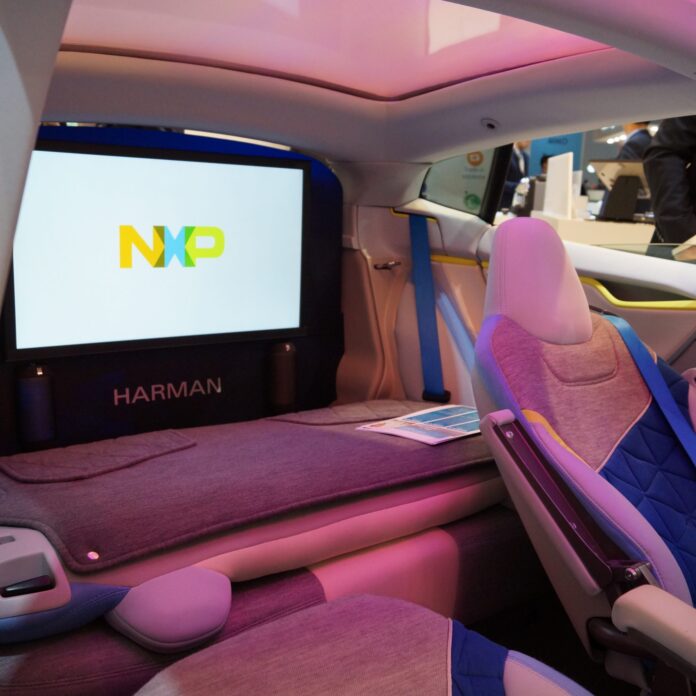Connected car creates growth opportunity
The merger of NXP Semiconductors and Freescale has created the world’s largest automotive chipmaker at a time when vehicular technology is taking on new dimensions and scale. Millions of lines of software code power today’s vehicles, 90% of which are expected to be connected to the Internet by 2020. AT&T connected 3 million cars in 2014, and is adding new connections at the rate of about a million a quarter.
Kurt Sievers, executive vice president and general manager of NXP’s automotive business, said the Freescale automotive business does not have significant overlap with his business, and therefore he does not foresee large numbers of layoffs in product-focused areas.
“From an R&D and go-to-market perspective there is no need to lay off people,” said Sievers. “I think automotive is probably the best example of how complementary the product portfolios from the two groups are. From a product line, product technology combination perspective, we have hardly any overlap. … On the R&D and on the marketing side we don’t really see a need to lay off people, but of course we will see that we have the best possible team going forward. We are number one in this global market and I will make sure that we have the very best possible team with the very best possible players.”
Sievers said that roughly 20% of his engineers are currently focused on software, a percentage that is likely to grow. He said that many of NXP’s software initiatives involve partnerships with other companies, so a number of software engineers working on NXP solutions do not work for NXP. Until now, Freescale was one of those partners. Sievers see Freescale’s digital networking business as a key asset for the automotive business going forward.
“We might need some very, very high-end solutions, multi-core solutions, which take input from all the sensors and make a very fast decision for what the car should do in a certain circumstance,” he said.
Sievers also said that the automotive business is global, and while both NXP and Freescale currently have their automotive units headquartered in Germany, Sievers said that a lot of the activity is in Silicon Valley.
Altogether, NXP employs 45,000 people spread across more than 100 locations in more than 35 countries.
“We will be looking to achieve a certain number of synergies over the course of the next year or two,” said Jeff Palmer, vice president of investor relations at NXP. “Most of those synergies are really not in the area of removing headcount from key customer-facing programs or key R&D programs, but we’ll look at the overlap of support costs.”

